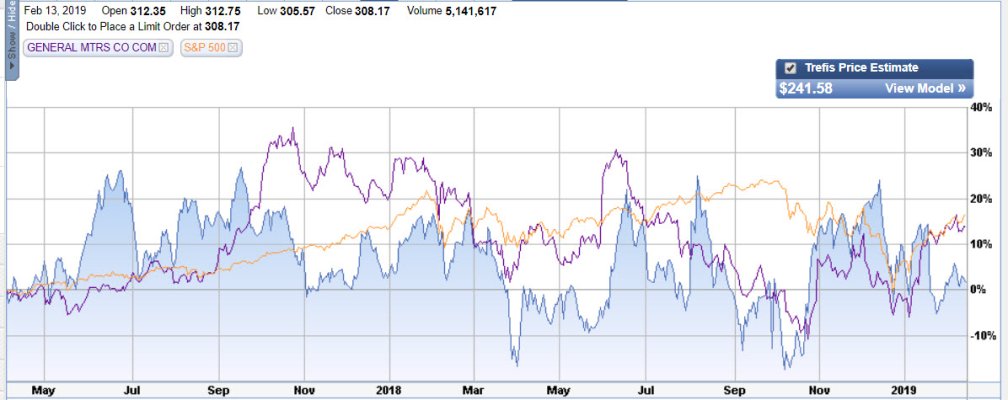ERD50
Give me a museum and I'll fill it. (Picasso) Give me a forum ...
The cost of batteries is coming down so Tesla is passing the savings along. I think you can expect to see similar price reductions every year until electric cars are cheaper than internal combustion engines.
But if the demand was there, and we are told competition won't be there for a year or two, the sensible thing to do would be to maximize that gross margin. As a publicly traded company, you might even argue they have a fiduciary responsibility to do just that.
With all the uncertainties around any company that is in this phase, banking a little towards a rainy day would be wise/expected.
If this is due to reductions in battery costs, then two drops in ~ 4 weeks is some pretty crazy pace of improvement. If they continue this pace, they can give M3s away by year end!
-ERD50

